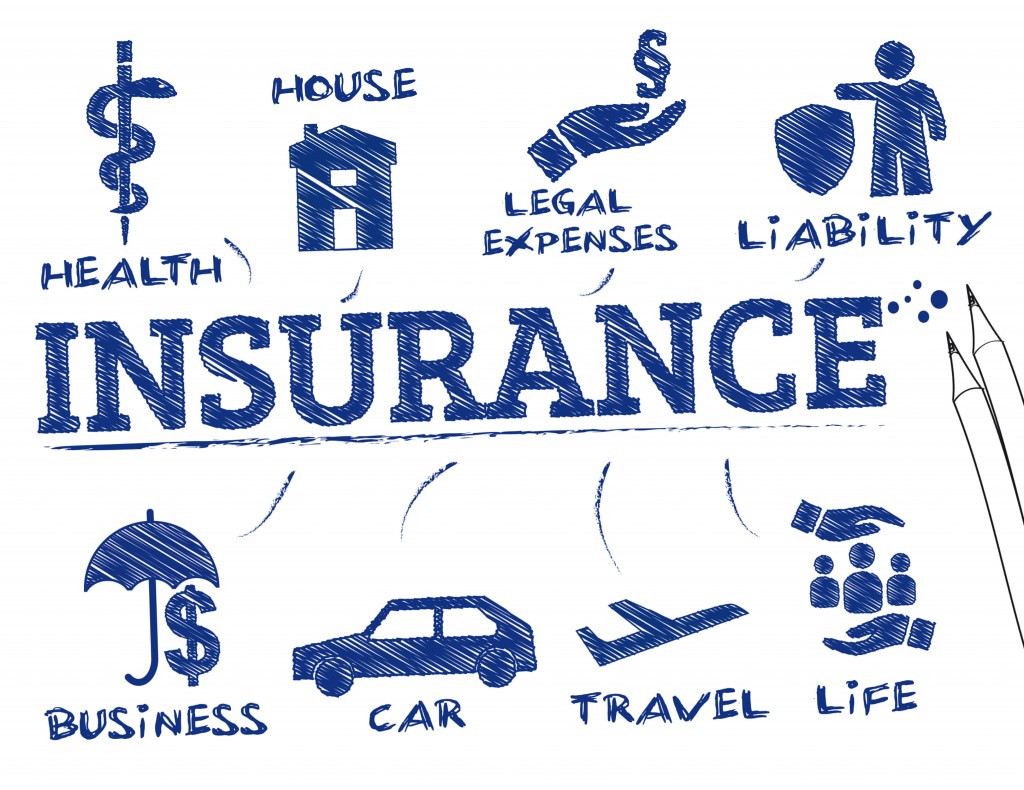Unveiling the Significance of Personal Insurance: A Comprehensive Guide
Personal insurance meaning embarks on an enlightening journey, unraveling the intricacies of safeguarding your assets and well-being. This comprehensive guide delves into the types, coverage, and importance of personal insurance, empowering you to make informed decisions and secure your financial future.
Personal Insurance Meaning and Scope
Personal insurance refers to insurance policies designed to protect individuals and their families from financial risks and losses associated with unforeseen events. Its primary purpose is to provide coverage for personal assets, health, and well-being.
Common types of personal insurance policies include:
- Health insurance: Covers medical expenses, hospitalization, and other healthcare costs.
- Life insurance: Provides financial support to beneficiaries in case of the policyholder's death.
- Disability insurance: Replaces income lost due to an injury or illness that prevents the policyholder from working.
- Homeowners insurance: Protects the policyholder's home and its contents from damage or loss.
- Auto insurance: Covers the policyholder's vehicle and provides liability protection in case of accidents.
Key features and benefits of personal insurance coverage include:
- Financial protection: Provides a safety net against unexpected expenses, ensuring financial stability.
- Peace of mind: Reduces anxiety and worry by providing a sense of security and preparedness.
- Asset protection: Safeguards valuable assets, such as homes and vehicles, from damage or loss.
- Income replacement: Replaces lost income in case of disability or death, ensuring financial support for dependents.
Coverage and Protection

Personal insurance policies offer a wide range of coverage and protection against various risks and events that can impact individuals and families. Understanding the scope of coverage and the process of filing claims is crucial for maximizing the benefits of these policies.
Insurance policies cover a variety of risks, including:
- Property damage or loss due to events like fire, theft, or natural disasters
- Liability for accidents or injuries caused to others
- Medical expenses and lost income due to accidents or illnesses
li>Long-term care costs
Filing a claim is typically a straightforward process. Individuals need to notify their insurance provider about the incident, provide relevant documentation, and cooperate with the claims adjuster during the investigation. The insurance company will assess the claim and determine the amount of benefits payable based on the policy terms and conditions.
Understanding Policy Terms and Conditions
It is essential for policyholders to carefully review and understand the terms and conditions of their insurance policies. This includes:
- Coverage limits and exclusions
- Deductibles and co-payments
- Claim filing procedures and deadlines
- Dispute resolution mechanisms
Understanding these terms helps individuals make informed decisions about their insurance coverage and ensures they receive the maximum benefits when needed.
Types of Personal Insurance: Personal Insurance Meaning

Personal insurance policies provide financial protection for individuals and families against various risks and uncertainties. There are several types of personal insurance policies, each designed to address specific needs and provide coverage in different areas.
Homeowners/Renters Insurance
Homeowners/Renters insurance protects the policyholder's property and belongings against risks such as fire, theft, vandalism, and natural disasters. It typically covers the physical structure of the home or apartment, as well as personal belongings inside. Additional coverage options may include liability protection for injuries or property damage caused to others.
Auto Insurance
Auto insurance provides coverage for vehicles, protecting the policyholder against financial losses resulting from accidents, theft, or damage. It typically includes liability coverage for injuries or property damage caused to others, as well as coverage for the policyholder's own vehicle and medical expenses.
Health Insurance
Health insurance covers the costs associated with medical care, including doctor's visits, hospital stays, and prescription drugs. It provides financial protection against unexpected medical expenses, helping individuals and families manage the costs of healthcare.
Life Insurance
Life insurance provides a death benefit to the policyholder's beneficiaries upon their death. It helps ensure financial security for loved ones by providing funds to cover expenses such as funeral costs, outstanding debts, or future financial needs.
Disability Insurance
Disability insurance provides income replacement if the policyholder becomes disabled and unable to work. It helps protect against the loss of income due to illness, injury, or other qualifying conditions, ensuring financial stability during periods of disability.
Factors Influencing Coverage

When determining personal insurance coverage, insurers consider several key factors that can impact the scope and cost of the policy.
These factors include:
Age
Age is a significant factor in personal insurance, as it can influence risk assessment and premium pricing. Younger individuals are generally considered higher risk due to factors such as limited driving experience or a higher likelihood of engaging in risky activities.
As a result, they may face higher premiums compared to older individuals with more experience and a lower risk profile.
Location
The location where you reside can also impact your personal insurance coverage. Factors such as crime rates, natural disaster risks, and population density are taken into account when determining premiums. Areas with higher risks may result in higher premiums, while safer locations may qualify for lower rates.
Risk Profile, Personal insurance meaning
Your personal risk profile plays a crucial role in determining insurance coverage. Insurers assess factors such as your driving record, claims history, and occupation to evaluate your level of risk. Individuals with a history of accidents or traffic violations may face higher premiums due to the increased likelihood of future claims.
Similarly, certain occupations deemed high-risk, such as those involving heavy machinery or hazardous materials, may also lead to higher premiums.
Claim History
Your past claims history is a major factor in determining your personal insurance coverage. Individuals with a history of frequent or large claims may be considered higher risk and may face higher premiums or reduced coverage limits. A clean claims history, on the other hand, can result in lower premiums and more favorable coverage terms.
Role in Financial Planning

Personal insurance is a crucial aspect of comprehensive financial planning, safeguarding individuals and their families against unforeseen events that could jeopardize their financial well-being.
It provides a safety net, protecting financial assets and providing peace of mind by mitigating risks and ensuring financial stability.
Evaluating and Selecting Personal Insurance Policies
When evaluating and selecting personal insurance policies, it is essential to:
- Identify specific risks and needs.
- Research and compare different policies from reputable insurance providers.
- Consider coverage limits, deductibles, and premiums.
li>Understand the terms and conditions of the policies.
Final Wrap-Up
In conclusion, personal insurance serves as a cornerstone of prudent financial planning, providing peace of mind and protection against unforeseen events. By understanding the various types of coverage available and carefully evaluating your needs, you can tailor a personalized insurance portfolio that safeguards your assets, health, and overall well-being.